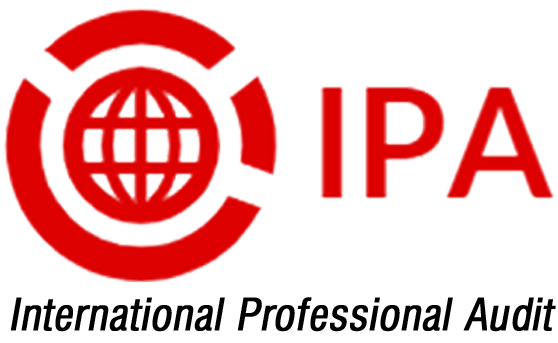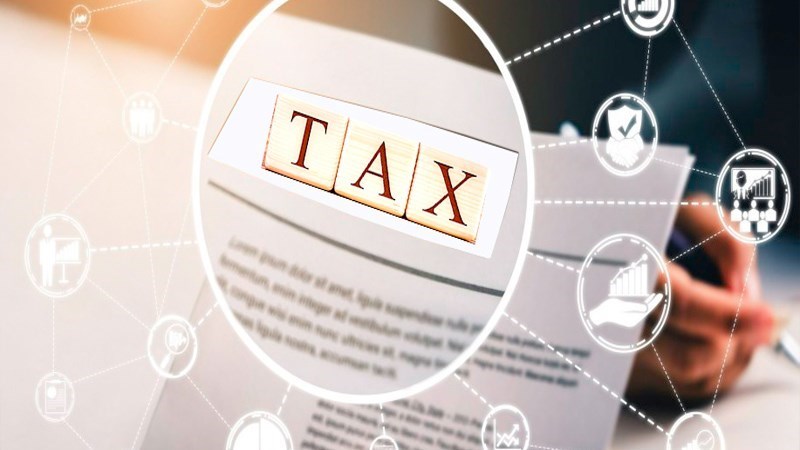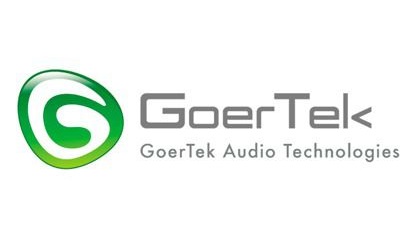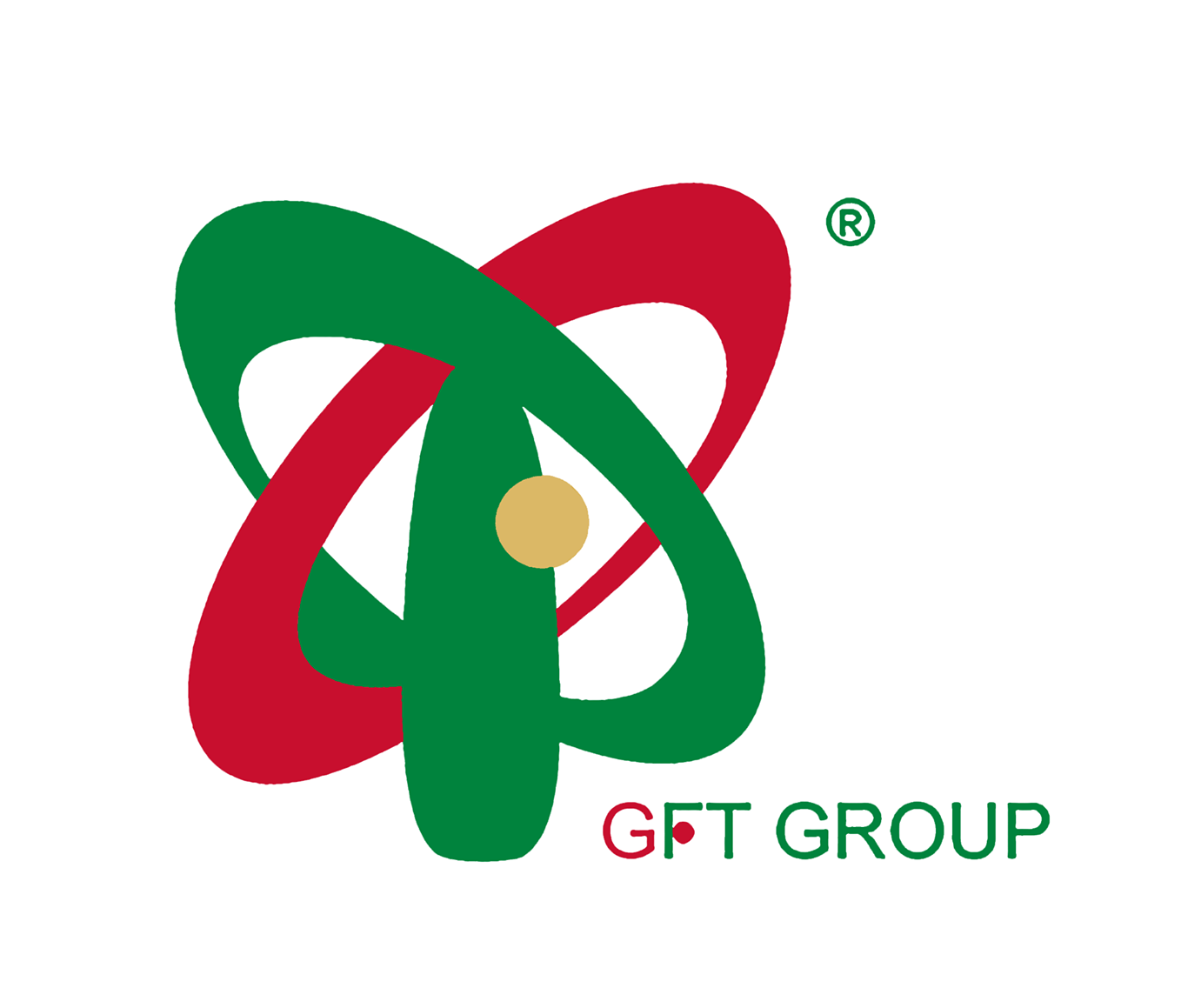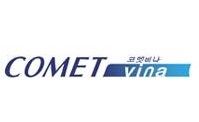MINIMUM Wage INCREASE ADJUSTMENT FROM 07/01/2022
Decree 38/2022/ND-CP stipulating the minimum wage for employees working under labor contracts.
Accordingly, the minimum monthly salary for employees working for employers by region is as follows:
– Region I: 4,680,000 VND/month (increasing 260,000 VND/month);
– Region II: VND 4,160,000/month (increasing VND 240,000/month);
– Region III: 3,640,000 VND/month (increasing by 210,000 VND/month);
– Region IV: 3,250,000 VND/month (increasing 180,000 VND/month).
(The above increase is compared to the current regulations in Decree 90/2019/ND-CP)
At the same time, the new regulation adds the minimum hourly wage by region as follows: Region I: 22,500 VND/hour; Region II: 20,000 VND/hour; Region III: 17,500 VND/hour; Region IV: 15,600 VND/hour.
The list of geographical areas in Region I, Region II, Region III and Region IV is specified in the Appendix issued together with Decree 38/2022/ND-CP; The application of regional areas is also determined according to the place of operation of the employer according to the provisions of Clause 3, Article 3 of Decree 38/2022/ND-CP.
With regard to the agreed and committed contents in the labor contract, labor agreement or other lawful agreements that are more favorable to employees than those specified in Decree 38/2022/ND-CP, shall continue to be performed, unless otherwise agreed by the parties.
SIGNS OF RISK OF INVOICES, VAT REFUND FRAUD
Official Letter No. 1873/TCT-TTKT dated June 1, 2022, on strengthening the review and detection of taxpayers showing signs of risk on invoices and combating VAT refund fraud with the following specific contents:
Tax authorities at all levels shall organize the implementation, dissemination, implementation, review, evaluation and exchange of experiences on signs and violations in invoice management: Issuing, using, Illegal purchase and sale of invoices. At the same time, the organization reviews, evaluates and classifies businesses with signs of invoice risk through questionable signs. In case of high tax risk, the tax authority shall request clarification. When the suspected risk basis is proven, it will be put into key supervision inspection, but if there is not enough evidence to prove the risk, then organize tax inspection and examination in combination with checking invoices immediately.
In the inspection and examination, it is necessary to perform tasks such as: Verifying documents and invoices of the origin of purchased goods to the final stage (when there is a sign of issuing invoices around); Check the actual warehouse, information on delivery and receipt of goods each time of shipment; Inspect and verify purchased goods in case taxpayers have inputs purchased from enterprises operating in localities where such raw materials and goods are not available; Compare the conformity between the goods and services of the purchase invoice and the corresponding sale invoice; Compare the vouchers of payment for goods purchase and sale accounted for at the enterprise with the actual documents arising at the bank that the taxpayer transacts in order to detect round-trip money transfers, suspicious transactions through the bank, and conduct verification. verify bank transactions (bank statements) and coordinate with local authorities to immediately verify any outstanding problems of the business.
For invoices for tax deduction and refund, VAT, through inspection and examination, if detecting that taxpayers have used direct inputs of enterprises, there are signs of illegal invoice trading but no results. Official comments of the tax authority or the competent authority: The tax authority shall notify the enterprise in writing in order to declare and adjust VAT and adjust the tax refund dossier. If the enterprise still affirms that the purchase and sale of goods attached to the input VAT invoice is real and in accordance with regulations, the enterprise must commit to take responsibility before law for its tax declaration and refund dossier. At the same time, the tax authority managing the enterprise must coordinate with the tax authority directly managing the enterprise showing signs of illegal purchase and sale of invoices to check the tax return of this enterprise in order to verify and conclude violations of enterprises related to invoices (if any).
Tax authorities at all levels, when receiving a request for verification of invoices, origin of goods, transportation, etc., must coordinate in verification and return verification results within 10 working days from the date of receipt of the voucher. request verification, in complicated cases, the time to return results is not more than 30 working days, in this regard, during the implementation process, if the coordination or untimely coordination of the Department is not received. Other taxes, request the Tax Department to report immediately to the General Department of Taxation for timely handling measures.
For the verifying unit and the units related to the unit requested to be verified, it is recommended that the Tax Departments review and consider as a warning information about enterprises showing signs of risk in their respective jurisdictions. tax managers to develop a plan for key monitoring and inspection.
The Tax Departments, based on local management practices, conduct assessments of areas with signs of high tax risks, promptly report to the People's Committees of provinces and cities, the Provincial Steering Committees against loss of state budget revenue, city to direct relevant agencies to coordinate with tax authorities in the fight against loss of revenue for the state budget. At the same time, advise the People's Committees of provinces and cities to direct departments, boards and branches to strengthen coordination to improve the efficiency of State management in tax work such as: exchanging information of enterprises between information systems. national information on business registration and tax information system, well perform business registration, review information on newly established enterprises, well implement the one-stop-shop mechanism, timely transmit information timely, accurate and complete in order to prevent loss of state budget revenue (Department of Planning and Investment); information on the origin of goods on the market to detect cases where organizations and individuals trade in floating goods, have no origin, do not keep accounting books so as not to declare tax (Department of Industry and Trade). Love);…
Strengthen the exchange of skills through actual assessment of businesses with signs of invoice risk, purchase and sale of invoices in each tax authority and tax authorities at all levels, and at the same time propagate the identification of trading behavior. , using illegal invoices and handling sanctions for each behavior so that taxpayers know and avoid participating in invoice trading transactions; coordinate with communication units to publicize information about businesses that have acts of buying and selling invoices to set an example and contribute to "warning" those who have been intending to violate the law on buying and selling goods. single. When the tax authority has a notice about the enterprise having invoice risks, the leaders of the local tax agencies are requested to actively coordinate in checking and handling.
Strengthen training, retraining and professional improvement for the contingent of cadres and civil servants engaged in inspection and examination to ensure sufficient capacity to inspect, detect and handle enterprises showing signs of buy, sell, use invoices illegally.
Strengthen the inspection and supervision of civil servants and public employees in the performance of their official duties, especially civil servants who are in regular contact with taxpayers and public servants engaged in inspection and examination. Resolutely handle strictly wrongful civil servants, resolutely remove from the system civil servants and public employees who are weak in capacity, qualifications, lack of awareness and responsibility, loose management, violate 10 Articles discipline for civil servants and public employees of the tax sector according to the provisions of Decision No. 1036/QD-TCT dated June 11, 2013 of the Director of the General Department of Taxation.
Strengthen coordination with police agencies according to Joint Circular No. 85/2016/TTLT-BTC-BCA dated June 20, 2016 of the Ministry of Finance - Ministry of Public Security in verifying the origin of goods, inspecting verify the buyer and seller from the beginning to the end; Dossiers and documents transferred to the police agency must ensure the legality, clearly identify the signs, forms and tricks of illegal printing, issuance and use of invoices to evade taxes or show signs of purchase. selling invoices of organizations, individuals and businesses; Closely coordinate the provision of information and documents at the request of the police agency during the investigation, handling and update of investigation results, in order to speed up the progress and soon investigate conclusions and recommendations. prosecute and handle according to the provisions of law and update the handling results in a timely manner. Promulgating and amending coordination documents to be consistent with current regulations.
Strengthen coordination with banks to verify the payment via bank, suspicious transactions according to Decision No. 1796/QD-BTC dated September 11, 2017 of the Minister of Finance on amending and supplementing a number of transactions. Article of Regulation on handling information of organizations and individuals with suspicious transactions at tax authorities at all levels in Decision No. 568/QD-BTC dated March 26, 2015 of the Minister of Finance.
Strengthen coordination with Customs to promptly exchange and provide information according to Decision No. 2413/QD-BTC dated November 23, 2017 of the Minister of Finance on promulgating the Regulation on information exchange between Customs and Tax authorities: Verification of the origin of goods, import declarations, export declarations, irregular inspection of export shipments of tax refund enterprises, etc.
REMOVE INVOICE PROBLEMS
Decree 41/2022/ND-CP dated June 20, 2022 amending and supplementing a number of articles of the Government's Decree No. 123/2020/ND-CP dated October 19, 2020 on invoices and certificates and Decree No. 15/2022/ND-CP dated January 28, 2022 of the Government stipulating the tax exemption and reduction policy according to the National Assembly's Resolution No. 43/2022/QH15 on fiscal and monetary policies to support support the program of socio-economic recovery and development.
The promulgation of Decree 41/2022/ND-CP aims to remove problems in invoicing for goods and services subject to VAT reduction to 8%, specifically as follows:
In case a business establishment calculates VAT by the credit method, when selling goods or providing services with different tax rates, the value-added invoice must clearly state the tax rate of each goods. specified services.
In case a business establishment calculates VAT according to the percentage method on revenue, when selling goods or providing services, the sales invoice must clearly state the reduced amount as prescribed.
In addition, Decree 41/2022/ND-CP also promulgates a Notice on the receipt and handling of errors in the e-invoices made according to Form No. 01/TB-HDSS to replace Form No. 01/ TB-SSDT Appendix IB promulgated together with Decree No. 123/2020/ND-CP dated October 19, 2020 of the Government regulating invoices and documents.
IV. Official letter of the General Department of Taxation guiding tax registration for non-business individuals through the National Public Service Portal.
Official Dispatch No. 1604/TCT-KK dated May 16, 2022 sent to Tax Departments of provinces and centrally run cities, directing the implementation of receiving and processing first-time tax registration dossiers and changing registration information tax of non-business individuals, through the National Public Service Portal, connected to the National Population Database.
Accordingly, taxpayers who are non-business individuals submit tax registration documents for the first time, register for changes in tax registration information electronically to tax authorities through the National Public Service Portal, which connects and integrates , share data with the National Database on Population in accordance with the provisions of Circular No. 105/2020/TT-BTC dated December 3, 2020 of the Ministry of Finance guiding tax registration. Deployment period: Starting from May 18, 2022.
The General Department of Taxation issued together with Official Letter 1604/TCT-KK Appendix guiding the implementation of tax registration for individuals and management departments of tax authorities in the implementation.
The General Department of Taxation sends application manuals for tax authorities, tax officers and taxpayers to the address TMS Application:
ftp://ftp.tct.vn/Program/TRlEN_KHAI/2022/TMS/CCCD/, request the Tax Department to download and follow the instructions in this Official Letter. In addition, the General Department of Taxation will post user manuals for taxpayers on the website of the General Department of Taxation (Subsystem icanhan) for taxpayers to look up and implement.
The General Department of Taxation also directed: This is a tax registration service that taxpayers perform through the National Public Service Portal that connects, integrates, and shares data with the National Database on Population, Therefore, it is necessary to promote propaganda on electronic tax services that the tax sector has coordinated with other ministries/sectors to provide public services more and more convenient for taxpayers. Tax authorities shall implement the contents, plans and forms of propaganda according to regulations.



